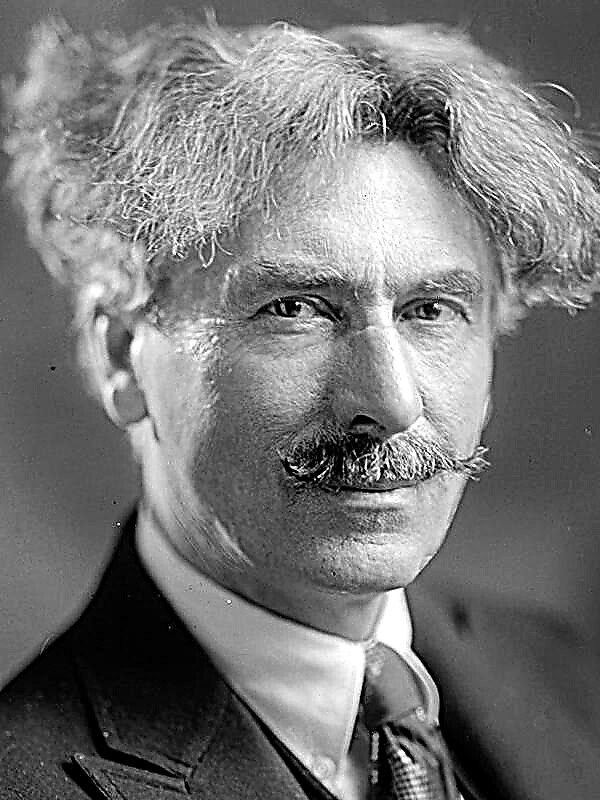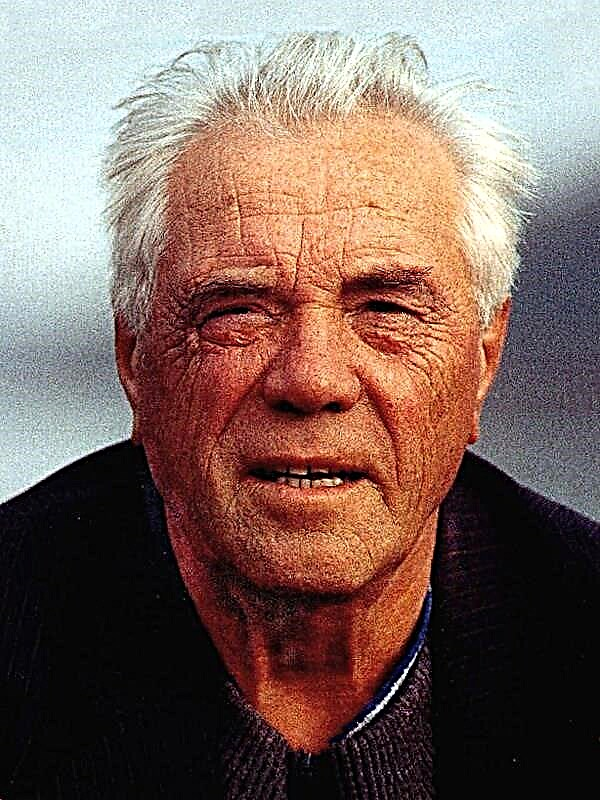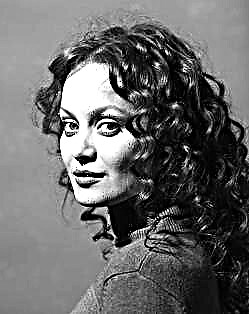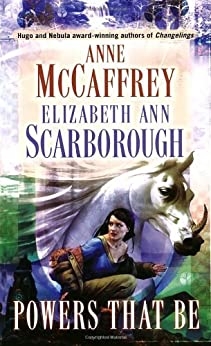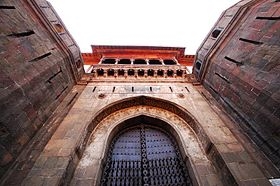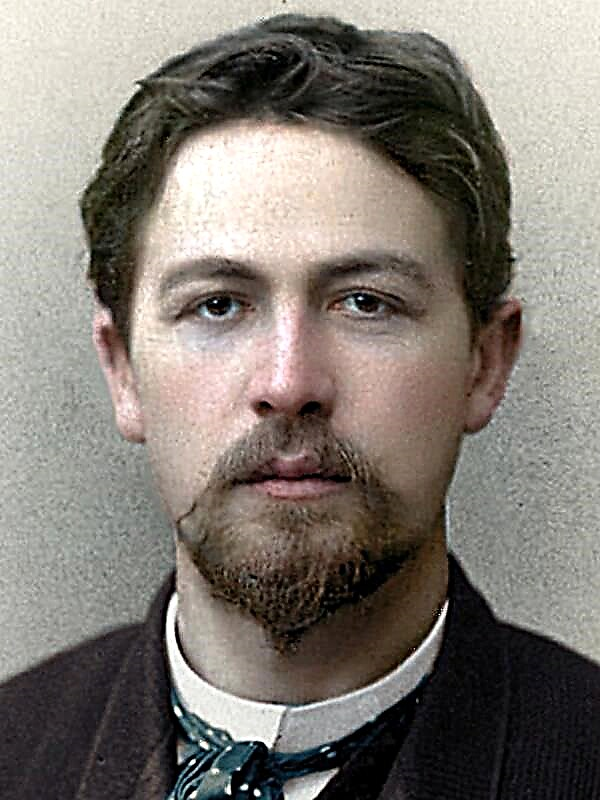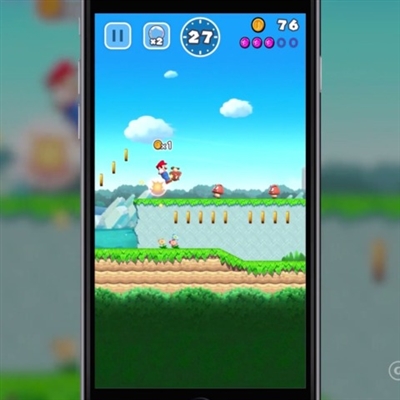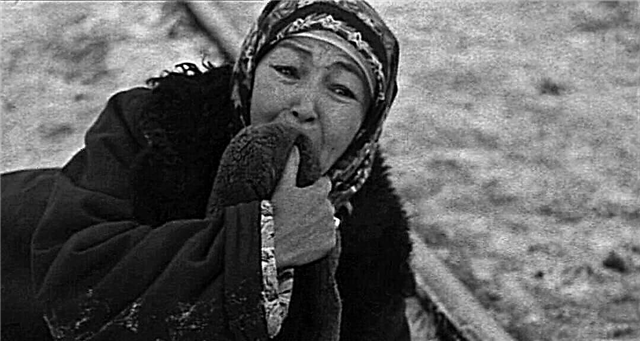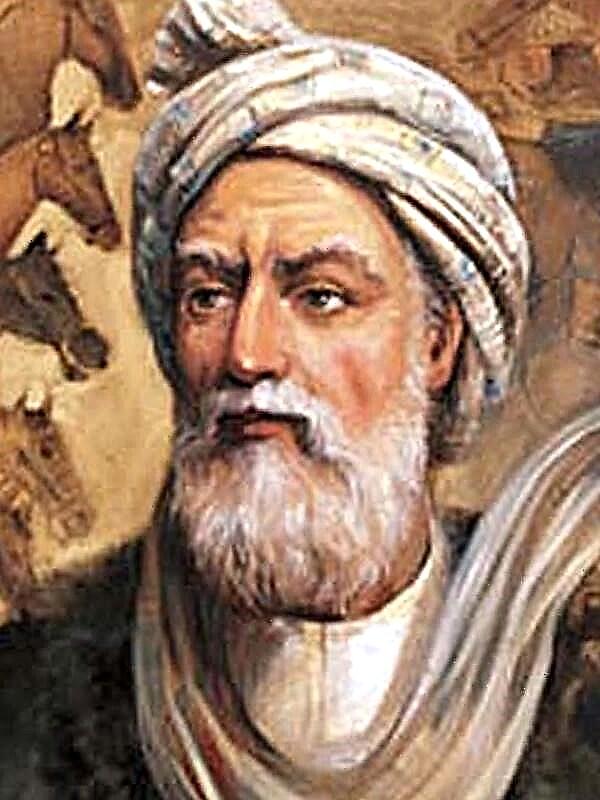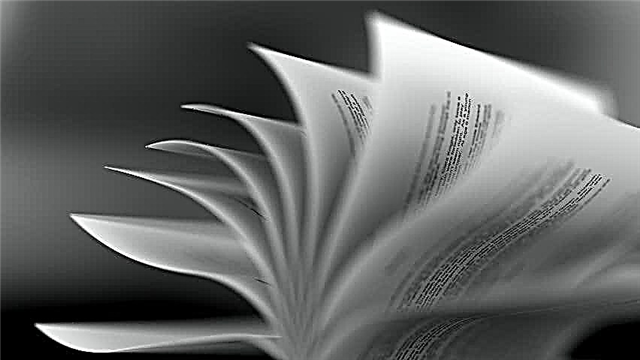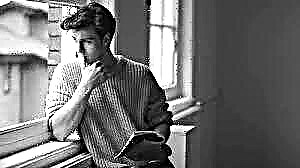The figure of Vladimir Dubrovsky’s father, Andrei Gavrilovich, is the starting point from which the whole novel begins. His actions, his actions and his fate as a whole have decisive actions on the actions of the protagonist, therefore, to analyze his personality means better understanding Vladimir’s motives, and therefore it’s better to understand the whole novel.
Pushkin describes Andrei Gavrilovich as a man of unbending, rebellious, principled, with his own character. However, against the background of Kirill Petrovich Troekurov, with his shocking actions (remember the joke with a hungry bear), Vladimir's father seems to be a modest and wise landowner. His opinion is respected. Moreover - Troekurov listens to him, he is almost his only friend. And Andrei Gavrilovich is not afraid to express his thoughts with him, even if he knows that Troekurov does not share these thoughts. He is not afraid to lose Troekurov’s disposition, he is completely equal with him, how could it be otherwise? Once Troekurov and Dubrovsky-father served together and know each other quite well. After the death of his wife, Andrei Gavrilovich became very isolated, and hunting with Kirill Petrovich became almost his only entertainment. But he is not afraid to lose even this one of his whims, if it comes to the principle - his beliefs.
Here the incident occurs with the servant of Troekurov. At one of the receptions, the servant clearly violates his subordination, behaves disrespectfully to the guest, Andrei Gavrilovich, and he expects Troekurov to notice this and punish the servant for unacceptable behavior. But Troekurov not only does not take any action, he does not even notice (or pretends not to notice) this incident. Dubrovsky Sr. is offended to the depths of his soul, his character and integrity do not allow him to “undo” this incident, and he resented leaves home. He decides to break off any relationship with his former “friend” until he apologizes to him for the inappropriate behavior of his serf and punishes the offender. Unfortunately, this never happened. Cyril Petrovich did not even immediately notice that his once-comrade ignored him and broke off all relations. But when he finally understands the essence of what is happening and this story reaches him, he does not want to put up and apologize. On the contrary, he decides to start a real internecine war, obviously hoping to brighten up his boring village life and further strengthen his authority.
At this time, he accidentally tucked up a way to deprive Andrei Gavrilovich of his estate. It is obvious to the reader that the deprivation of the family estate is a loss completely incommensurable with what “bets” the war between Dubrovsky and Troekurov went to. The dispute would seem to be on a trifle occasion - one apology, one intimate conversation and the whole problem would be resolved. But no, for Troekurov there are no borders and limits in the war, and for him it seems permissible to use such a method against the “enemy” - to deprive Dubrovsky of his family estate and leave him without money in complete despair and misunderstanding.
Until recently, Andrei Gavrilovich himself does not believe in this. It seems to him that he knows Kirill Petrovich well and is sure that he will not, by dishonest fraud, unworthy of a nobleman, achieve his win in court. Dubrovsky is honest and confident that they will also be honest with him. But his hopes are falling apart at the moment when he realizes that he was deceived, that Troekurov deprived him of everything that he and his ancestors had been building for many years. Andrei Gavrilovich is amazed, his heart cannot stand it, and he dies in the arms of his son Vladimir.
In the novel “Dubrovsky” Pushkin describes two types of nobles of that time: the first is arrogant, stupid, but funny and dashing Troekurov. You can call him cruel, he is extremely ill-treated with everyone in his environment, whom he does not respect. However, in the case of Andrei Gavrilovich, at the very end of the story he nevertheless changed his mind and wished to be reconciled, but it was too late. And the second type - principled, honest, bold - Andrey Dubrovsky. We see that in many ways they are opposed to each other, that is, they are antagonistic heroes, but we can highlight some common features in them - they love their children infinitely much, they both served before and some of their interests coincide (hunting, for example).
Dubrovsky father differs from his opponent in a less flexible system of views and a solid system of values. He is principled and firm in his decisions, he is a wise manager and prosperity and order reigned in his estate. He does not accept deception and will never go to him. That is why he is so stunned by the act of Troekurov, his deception. After all, Dubrovsky was sure that since it was true on his side, nothing would happen. But, unfortunately for him, the reality turned out to be completely different.

